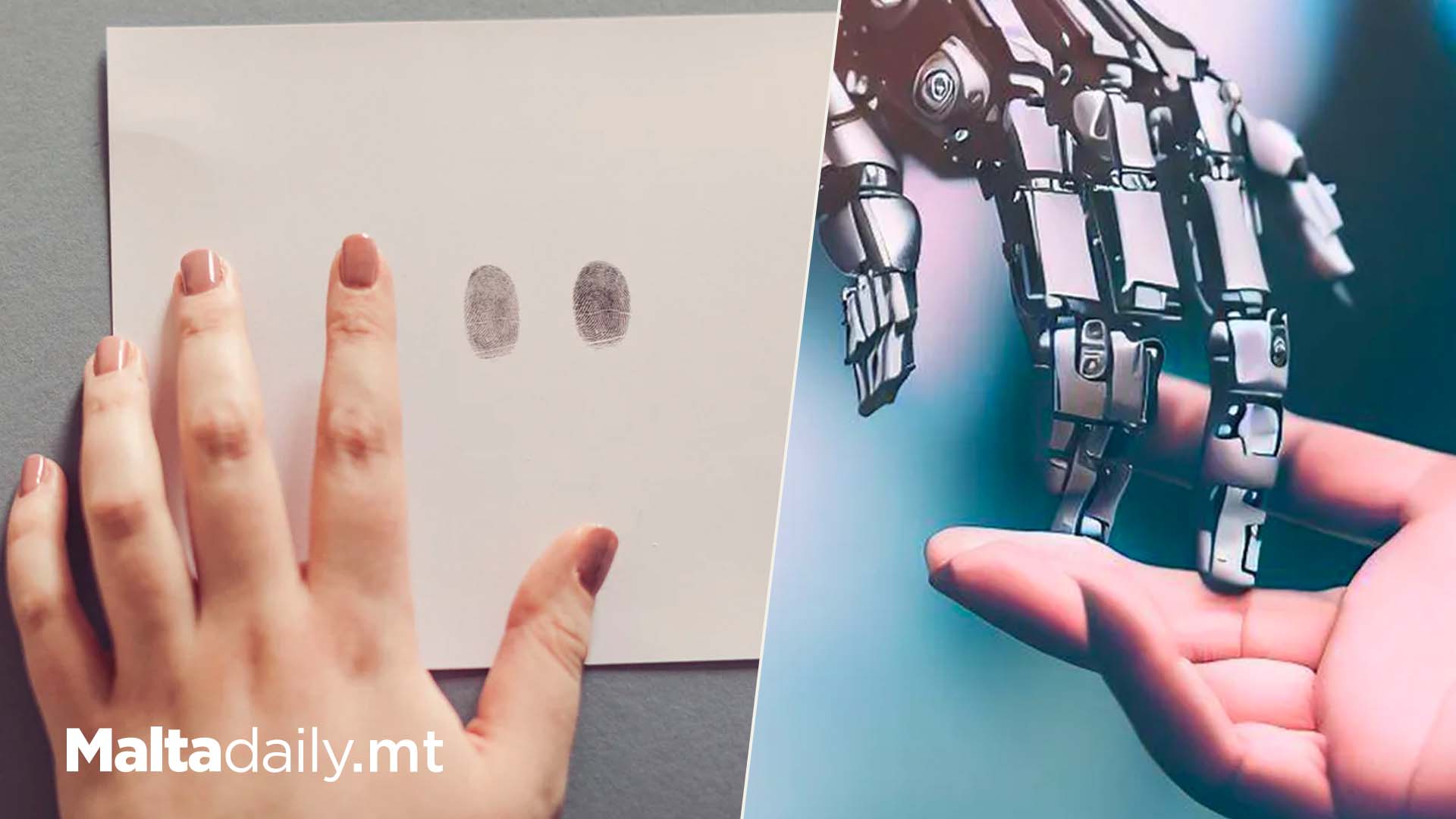Our Finger Prints May Not Be Unique, AI Suggests

Columbia University researchers have challenged the belief of uniqueness of fingerprints, revealing an AI tool’s ability to identify, with 75-90% accuracy, whether prints from different fingers belong to the same individual.
The AI focused on ridge orientation in the finger’s centre, deviating from traditional minutiae-based methods.While uncertain about the AI’s specific mechanism, the researchers, led by Prof Hod Lipson, suggest it could be examining curvature and swirl angles. Skeptical at first, Lipson and student Gabe Guo found the AI’s capabilities surprising.
This study could impact biometrics and forensic science, potentially connecting unidentified fingerprints from different crime scenes.
Although not court-ready, the tool aids forensic investigations by generating leads. Graham Williams from Hull University notes the historical uncertainty of fingerprint uniqueness.
However, Dr. Sarah Fieldhouse of Staffordshire University questions the AI tool’s impact on casework, citing concerns about stability in markers and the researchers’ uncertainty about the AI’s functioning.
The study, peer-reviewed and set for publication in Science Advances, raises questions about fingerprint uniqueness and introduces an AI-driven tool for forensic leads, emphasising the need for further research and data diversity.
#MaltaDaily


